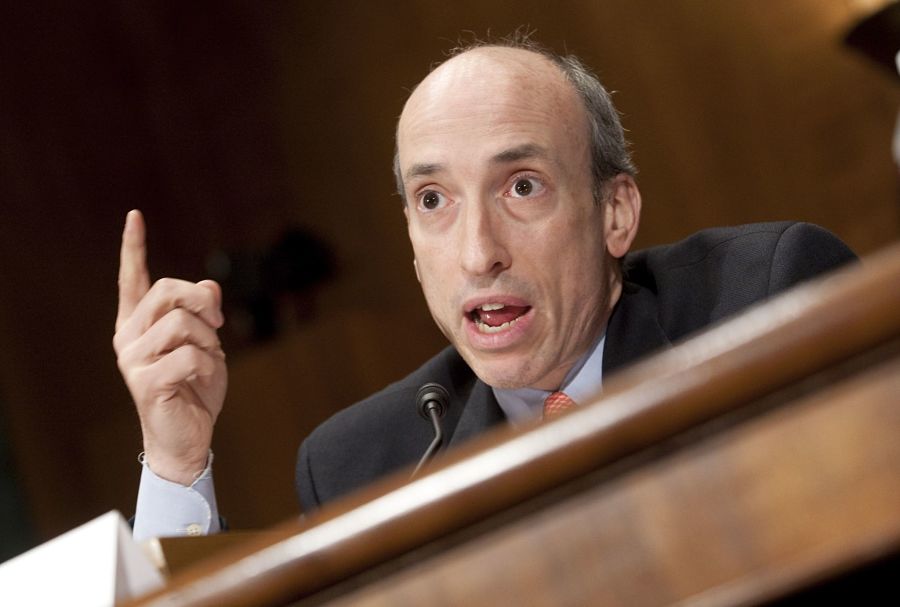U.S. Securities and Exchange Commission (SEC) Chairman Gary Gensler faced tough questions from Republicans and Democrats during a House Financial Services Committee hearing Tuesday, with lawmakers examining his approach to regulating the cryptocurrency industry.
Republican Majority Whip Tom Emmer sharply questioned Gensler about the SEC’s handling of a case involving crypto startup DEBT Box. A federal judge in Utah had criticized the SEC’s actions in the case, accusing the agency of acting in bad faith. The court ordered the SEC to pay sanctions, including attorney’s fees. The judge also cited misleading statements by the SEC, which later admitted its shortcomings.
“Does the fact that we’re talking about this today embarrass you even a little?” » asked Emmer.
Gensler acknowledged: “The issues in this case have not been well addressed. »
Lawmakers have long debated the SEC’s approach to crypto regulation, with some saying the rules remain unclear. On the other hand, Democrats like Maxine Waters have defended the role of the SEC, saying it protects investors and maintains the integrity of America’s financial markets.
The hearing took place in the run-up to the 2024 election, where cryptocurrency has become a central issue. Crypto companies are estimated to have spent $119 million in 2024, much of it funneled into superpolitical action committees like the Fairshake PAC, according to consumer advocacy group Public Citizen.
Emmer, a frequent critic of Gensler, also brought up comments from Vice President Kamala Harris, who recently said he supports innovative technologies such as digital assets, while emphasizing consumer protections. Emmer asked Gensler if he aligned with Harris’ position or if she was critical of the SEC’s regulatory efforts.
Gensler responded by stating that the laws are already in place, although Congress has the power to change them.
Lawmakers Challenge SEC Position on Securities
During the hearing, Democrat Ritchie Torres questioned Gensler’s definition of securities, using a New York Yankees ticket as an example. He questioned whether selling such a ticket would constitute security, emphasizing the value of the ticket as access to a match.
This analogy follows recent charges brought by the SEC against entities like Stoner Cats 2 LLC for unregistered securities offerings, including NFTs.
Gensler pointed to the Howey test, a legal standard used to determine whether something qualifies as a security, saying it depends on whether there is an expectation of profits tied to a joint enterprise.
Torres argued that the expectation of profit could apply to various assets, including collectibles, art or music, thereby calling into question the SEC’s broad interpretation of securities laws.




